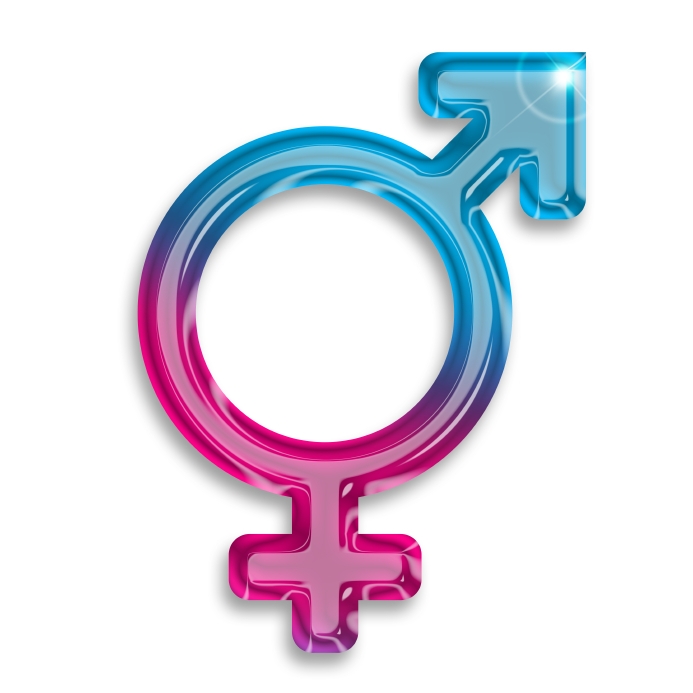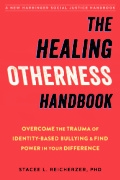Like other transgender people, I’ve been grateful to see the positive media representation over the past few weeks since Diane Sawyer’s interview with Bruce Jenner. The very next morning, the Chicago Tribune featured a front-page article by Angie Leventis Lourgos that told the happy story of a well-loved and -supported 16 year-old transgender boy named Adam Beaty. Lourgos’s article went on to share information about Chicago Public Schools’ adoption of policies and practices surrounding transgender students’ needs. I enjoyed the article, commend Lourdos for writing it, and most especially, applaud super-cool Adam for sharing his story.
I hope that all of the transgender storytelling that’s happening is going so well. A lot of reporters are looking for transgender stories, but do not always have the skills or background to approach vulnerable topics. The worst predicament is to walk out of an interview and begin feeling shame over having been exploited by someone wanting a story without real concern about your life experience. To that end, I offer the following tips to transgender women and men who are approached to share their stories in the wake of the Bruce Jenner interview (in fact, these are good considerations for anyone who’s asked to interview on a vulnerable topic):
Before even agreeing to an interview, be clear on what of your own life is okay to share and what’s not. This will help you determine whether you really even want to do an interview about your experience.
Only agree to interview for publications you trust. If you don’t know the publication, learn about it ahead of time to be sure it’s the right place for your story to be told.
Be clear on what the interviewer is wanting to know. There’s nothing worse than expecting to present parts of yourself, only to be asked about others that are particularly sensitive or vulnerable.
Be clear on the body of the interviewer’s work. Is this someone who clearly has the expertise and sensitivity to appropriate tell your story?
Don’t answer questions that seem too personal. If you aren’t comfortable, pay attention to that. If you feel pressured or uncomfortable, end the interview.
Ask to read the article before it’s published. This will help ensure that your voice is represented accurately. If any part feels gross or too personal to be shared, explain this to the writer and ask it to be edited.
If you do experience discomfort after an interview and walk away feeling exploited, embarrassed, or other discomfort, talk about your concerns with someone you trust. If you experience major disruptions to your sleep or other habits, seek a qualified mental health professional who can support you in self-advocating with the writer and the publication.
The media is really a powerful way to get stories told. Voices that haven’t been heard and new ways of presenting people’s journeys can be brought to the forefront. People encounter an article and realize that it’s like their own story, perhaps learning from or being empowered by the voice that’s being shared. Still others who have never thought about the issue being presented learn from it, often unexpectedly because it catches their eye while they’re scrolling or flipping through pages of a publication.
Let media serve that function. Participate in interviews that champion your story and that of people who are walking a similar path. Use your example to educate people who have hurt you or someone you care about. Share ideas of how to tackle a life challenge with which you’ve dealt.
Do it, though, in a manner that is safe for you and respectful of your boundaries.


